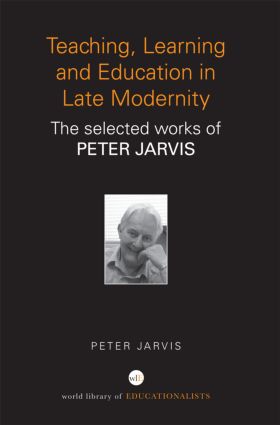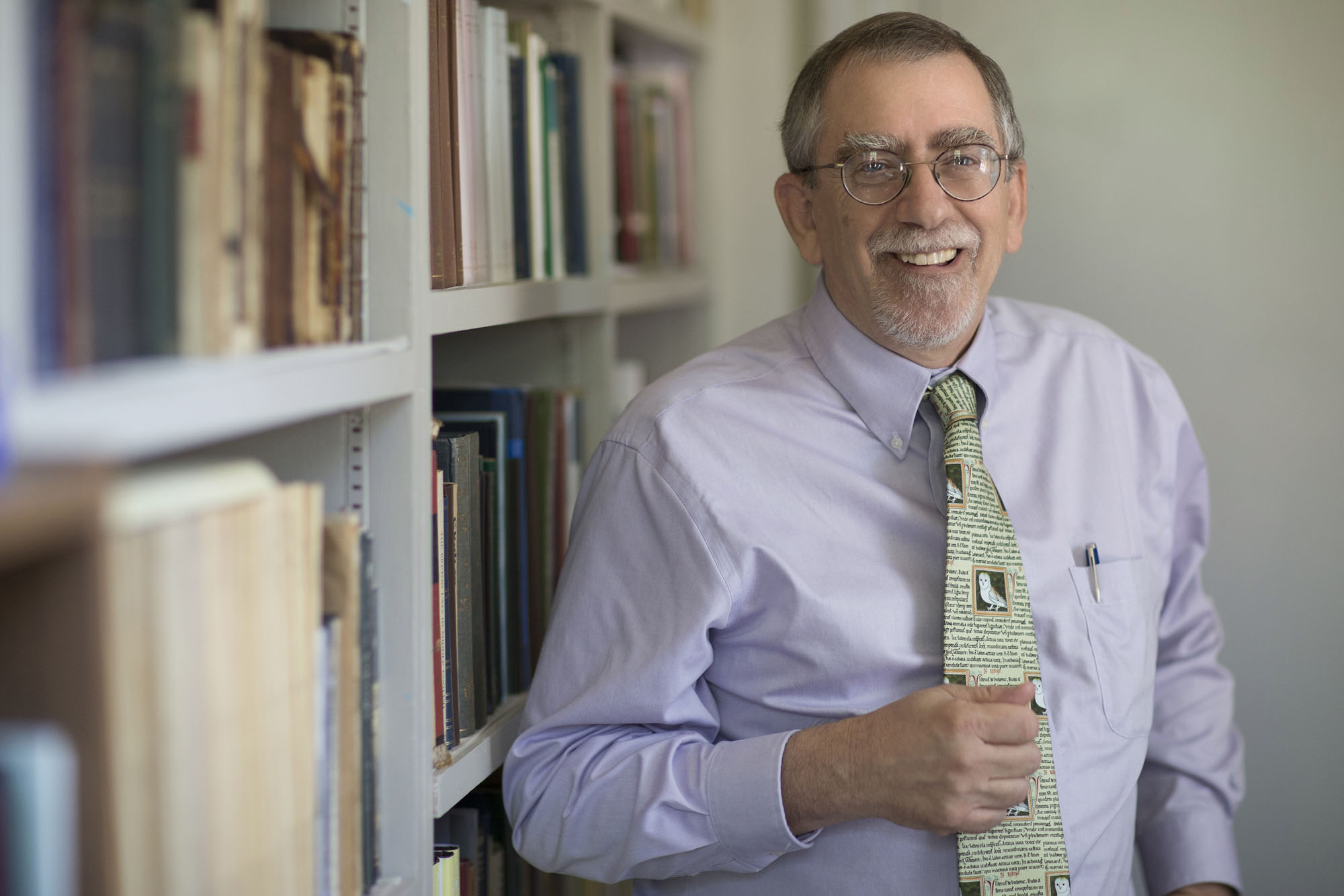Exploring the Revolutionary Ideas of Peter Gray on Education and Learning
#### Introduction to Peter Gray's Philosophy of EducationPeter Gray is a renowned psychologist and educator, known for his unconventional views on education……
#### Introduction to Peter Gray's Philosophy of Education
Peter Gray is a renowned psychologist and educator, known for his unconventional views on education and learning. His work primarily focuses on the importance of play in childhood development and the flaws in the traditional education system. Gray argues that children learn best when they are given the freedom to explore, engage, and interact with their environment, a concept that challenges the conventional classroom setting.
#### The Importance of Play in Learning
Gray emphasizes that play is not merely a leisure activity but a vital component of learning. He believes that through play, children develop critical life skills such as problem-solving, creativity, and social interaction. In his book, "Free to Learn," Gray discusses how unstructured play allows children to take charge of their own learning, fostering independence and self-motivation. This approach contrasts sharply with the rigid structure of traditional education, where standardized testing often stifles creativity and curiosity.

#### Critique of Traditional Education Systems
Peter Gray critiques the traditional education system for its one-size-fits-all approach, which often fails to cater to the diverse needs of individual learners. He argues that the emphasis on rote memorization and standardized testing undermines a child's natural desire to learn. Gray points out that many children disengage from learning when they are forced into a system that prioritizes compliance over curiosity. He advocates for a more personalized approach to education, where children are encouraged to pursue their interests and passions.
#### The Role of Autonomy in Learning
A key aspect of Gray's philosophy is the concept of autonomy. He believes that when children are given the freedom to choose what they want to learn, they become more engaged and motivated. This autonomy fosters a love for learning that can last a lifetime. Gray's research highlights the importance of allowing children to make decisions about their education, as this empowers them to take ownership of their learning journey.

#### Real-World Applications of Gray's Ideas
Peter Gray's ideas have significant implications for educators, parents, and policymakers. By incorporating more play-based and student-centered approaches into the curriculum, educators can create a more engaging and effective learning environment. Schools that embrace Gray's philosophy often see improved student outcomes, as children are more motivated and enthusiastic about learning when they have a say in their education.
Parents can also apply Gray's principles at home by encouraging their children to explore their interests and engage in unstructured play. Providing opportunities for creative expression and hands-on learning experiences can enhance a child's development and foster a lifelong love for learning.
#### Conclusion: The Future of Education According to Peter Gray

In conclusion, Peter Gray's revolutionary ideas on education challenge the status quo and encourage a more holistic approach to learning. By recognizing the importance of play, autonomy, and personalized learning, educators and parents can help cultivate a generation of curious, creative, and independent thinkers. As we move forward, embracing Gray's insights could lead to a more effective and fulfilling educational experience for children everywhere.